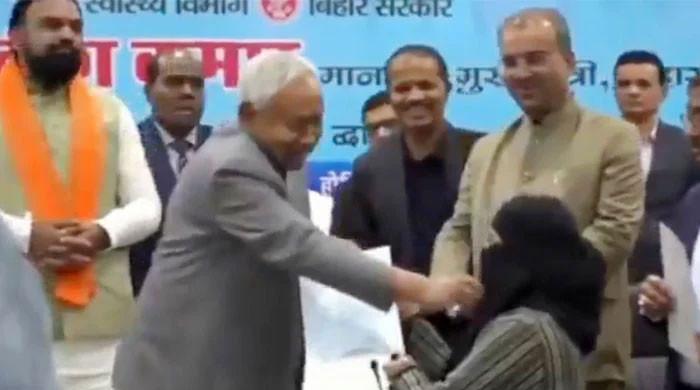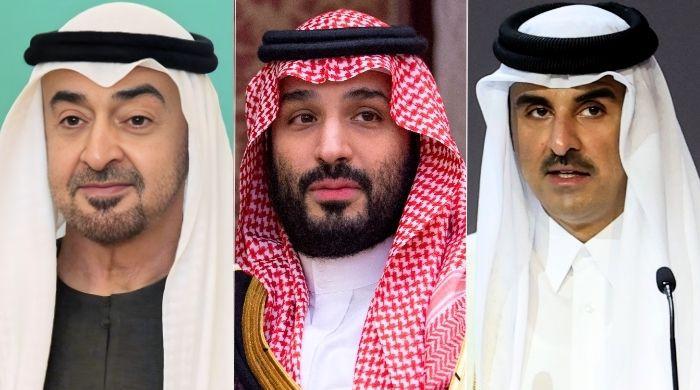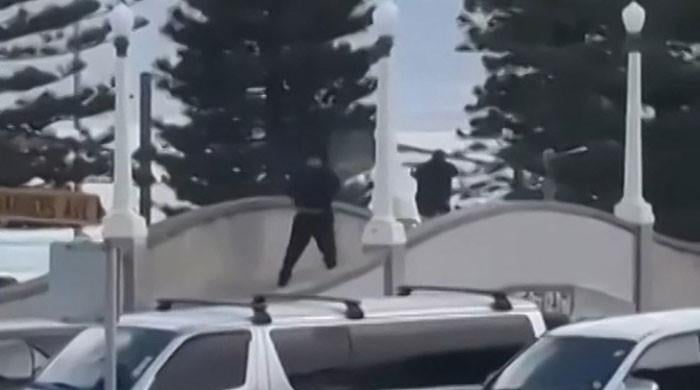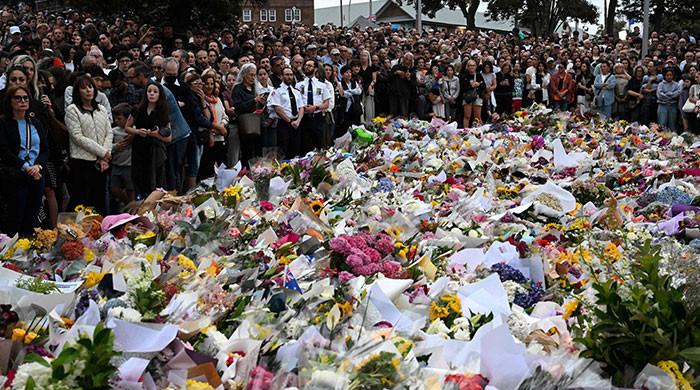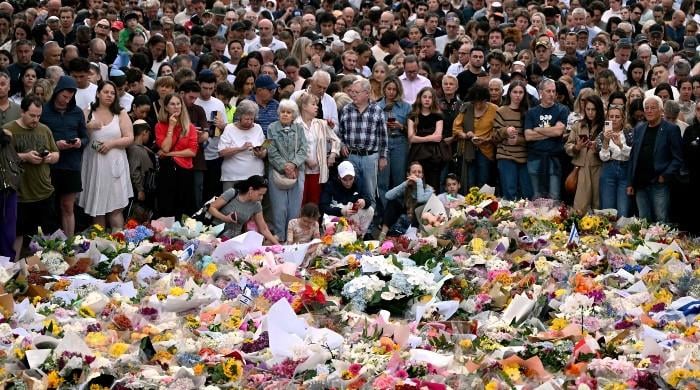Tesla halts Mexico gigafactory plans due to Trump's tariff threats
Tesla is now more concerned with increasing production capacity at its existing factories
July 24, 2024
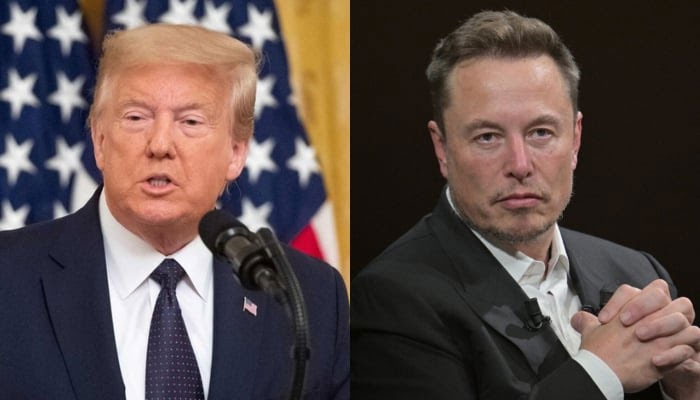
During earnings call on Tuesday, CEO Elon Musk announced that the company’s plan to construct a new gigafactory in Mexico is on hold until after the US presidential elections. This is because former president Trump has promised to impose taxes on cars made in Mexico.
"We're currently on pause on Giga Mexico," Musk replied. "I think we need to see just where things stand after the election."
"Trump has said that he will put heavy tariffs on vehicles produced in Mexico, so it doesn't make sense to invest a lot in Mexico if that is going to be the case. So, we will kind of need to see how things play out politically," Musk explained, reported Fox Business.
The tech billionaire hasn’t yet revealed the types of vehicles he plans to produce at the Mexico factory. The company is now more concerned with increasing production capacity at existing factories, including for the forthcoming Robotaxi and its Optimus robots.
"However, we are increasing capacity at our existing factories quite significantly, and I should say that the Robotaxi will get produced here at our headquarters at Giga Texas, as will Optimus towards the end of next year for Optimus production version two — the high-volume version of Optimus will also be produced here in Texas," he added.
Earlier in the March campaign, Trump said that he would impose a 100% tariff on vehicles made by Chinese automobiles in Mexico to be imported into the US.
"We're going to put a 100% tariff on every single car that comes across the line, and you're not going to be able to sell those guys if I get elected," he said.
Additionally, he reiterated the statement during his speech last week at the Republican National Convention.
The CEO of SpaceX has decided to do this in a region where no Chinese automakers have production facilities, aiming to establish a presence in the North American market.




